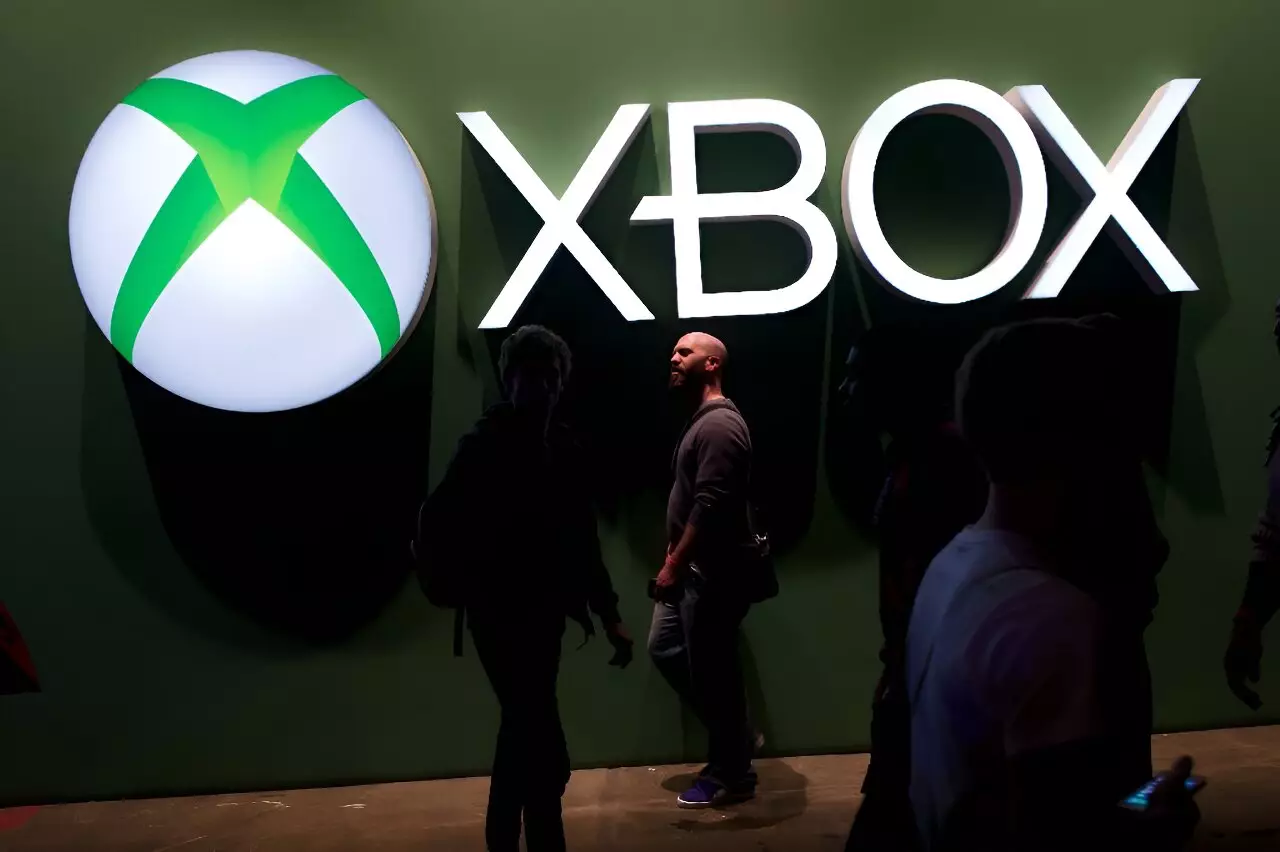Microsoft has made headlines once again, this time for the decision to eliminate approximately 650 positions within its gaming division. This move comes in the wake of the company’s landmark acquisition of Activision Blizzard, costing a staggering $69 billion. Phil Spencer, the head of Microsoft Gaming, communicated the rationale behind this difficult decision in a memo to staff, emphasizing a desire to “organize our business for long-term success.” Such measures signal a significant restructuring aimed at aligning resources and talent following a substantial business transition.
The implications of these layoffs reach beyond just financial adjustments; they reflect a tumultuous period within the gaming sector. Spencer acknowledged the emotional weight of these changes, referring to them as one of the “challenging days.” Such sentiments highlight that these corporate decisions hold not only economic ramifications but also personal impacts on employees and their families.
Microsoft is not acting in isolation; the gaming industry is currently facing a wave of job cuts that have left many wondering about the stability of the market. Just ahead of Microsoft’s announcement, Bungie, a subsidiary of Sony Interactive Entertainment, revealed its own layoffs, slashing 220 positions. The Communications Workers of America (CWA), which represents various workers in the gaming sector, condemned the layoffs, labeling them as “heartless.” This critique serves as a reminder that such layoffs are becoming an alarming trend within the industry, prompting scrutiny from both employees and labor groups.
In earlier months, Sony had announced a reduction of its global workforce, cutting down 8% and affecting around 900 employees. The decision to close the London studio further underscores a significant shift in priorities as companies grapple with financial sustainability and market demands. The increasing number of job losses has ignited discussions about the long-term implications for creativity and innovation in the gaming realm.
The gaming industry is amidst a transformative phase, as evidenced by the broader trend of tech layoffs. According to data from layoffs.fyi, approximately 260,000 jobs were lost in the tech sector in the previous year alone, with a staggering count already reaching over 136,000 in the current year. Such widespread instability raises questions about the future trajectory of gaming companies, particularly as they strive to maintain momentum in a competitive market.
Spencer rejected the idea that these layoffs would lead to the cancellation of any games or the closure of studios, aiming to reassure both consumers and stakeholders. However, the reality remains that restructuring often leads to heightened pressure on remaining employees and a potential dampening of morale.
As Microsoft continues to navigate these turbulent waters, the focus will inevitably shift to how it will manage its newly expanded portfolio and ensure sustainable growth. In an industry known for its rapid changes and high stakes, proactive measures will be essential. The road ahead will require not only strategic foresight but also an empathetic approach to managing the workforce that remains post-layoffs.
Ultimately, as the gaming industry confronts these challenges, balancing cost structures with the need for creativity and innovation will be vital. Whether Microsoft and its contemporaries can emerge stronger from these layoffs or if they will succumb to the overwhelming pressures of the market remains to be seen. What is clear, however, is that the reverberations of these decisions will be felt across the industry for years to come.


Leave a Reply